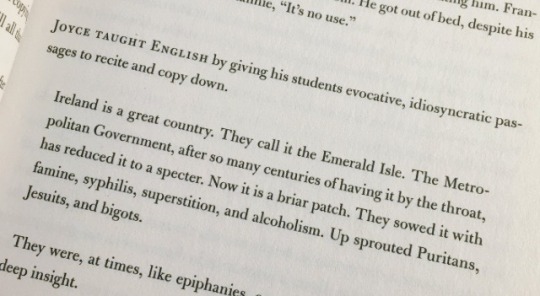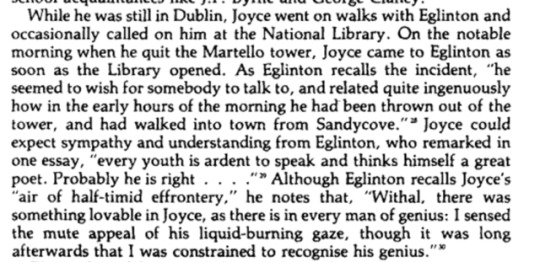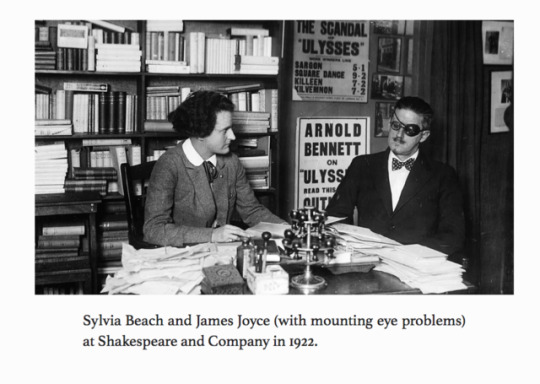Photo
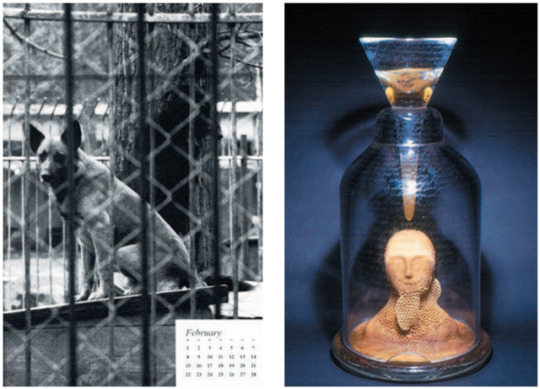
Miroslaw Balka, a, e, i, o, u, 1998
Michael Rogers, Beehive for Molly Bloom, 2002
6 notes
·
View notes
Photo
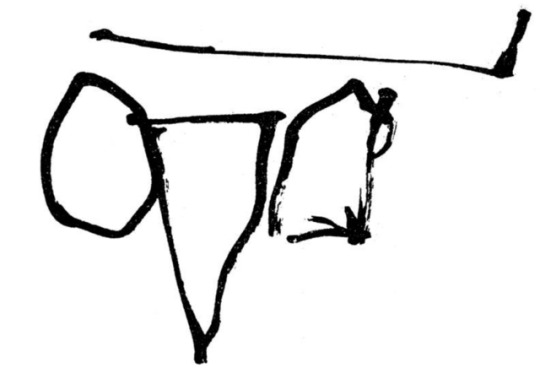
Robert Motherwell, Ulysses, tailpiece, 1988
16 notes
·
View notes
Photo
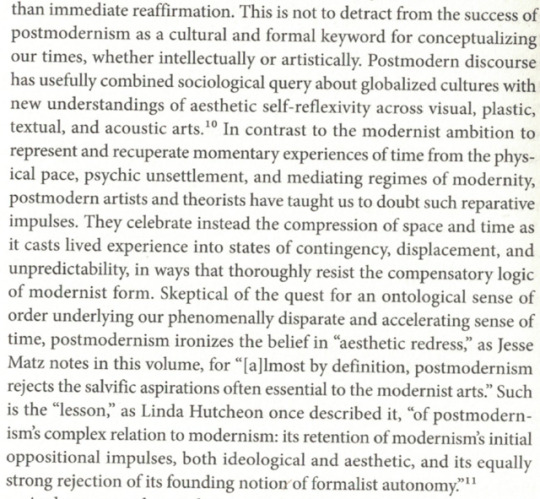
David James, Post-Modern/Postmodernism
3 notes
·
View notes
Photo
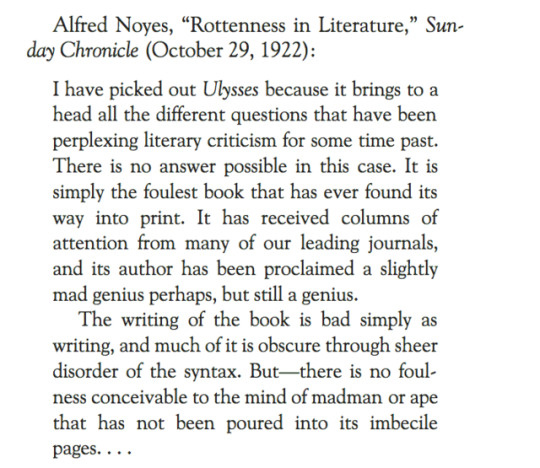
18 notes
·
View notes
Photo
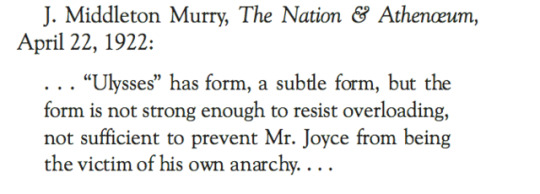
0 notes
Photo

0 notes
Photo

Richard Kearney
0 notes
Photo
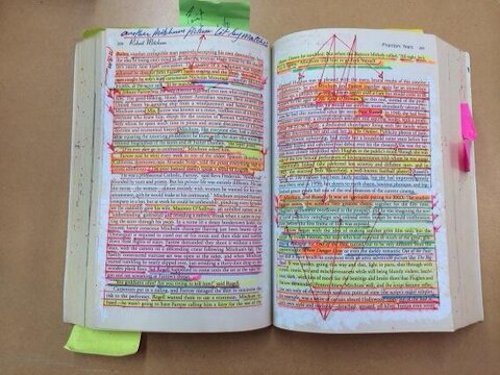
David Foster Wallace’s copy of Finnegans Wake, by James Joyce.
4K notes
·
View notes
Quote
Joyce could not have written Molly Bloom’s soliloquy . . . if he had not somehow found a way in art, if not in life, to recognize the distinct otherness of the loved one.
Maurice Beebe, “Ulysses”, 187
9 notes
·
View notes
Text
In his 1996 essay “Ulysses and the Twentieth Century” (which appears in Moretti’s Modern Epic: The Two World System from Goethe to García Márquez), Franco Moretti also speaks of “a first Ulysses . . . and a second Ulysses, with equally distinctive features” (183). He expands this, though, by theorizing that “there is even a third Ulysses, albeit far more indistinct than the other two,” that occupies “the zone of transition from one to the other – when Joyce is abandoning his first great technique (but does not yet know it), and is seeking his second (but has not found yet it)” (183).
#james joyce#ulysses#structure#Franco Moretti#process#writing process#composition process#literary criticism#words#favorites#essay notes
0 notes
Text
James Joyce once claimed himself to be “the foolish author of a wise book” (Ellmann 471),
3 notes
·
View notes
Quote
What we have been calling boredom is not Joyce’s failure, then, but rather his success.
Frederic Jameson, “Ulysses”, 187
1 note
·
View note
Quote
Joyce never actually ‘finished’ 'Ulysses'. Rather, since he was determined that it should be published on his fortieth birthday, February 2, 1922, he had to stop writing it.
Michael Groden, 13
5 notes
·
View notes
Quote
If we insist on reading the sequence of styles [in "Ulysses"] as a transition, we will have to confront the awkward fact that the sequence ends not with its most radically avant-garde (or postmodernist) chapter but with a chapter [‘Penelope’] which regresses to the modernist ‘narrative norm’ of the first half.
Brian McHale, Postmodernist Fiction, 55
#brian mchale#ulysses#progress#james joyce#postmodernism#modernism#style#stylistic progression#words#literary criticism
4 notes
·
View notes
